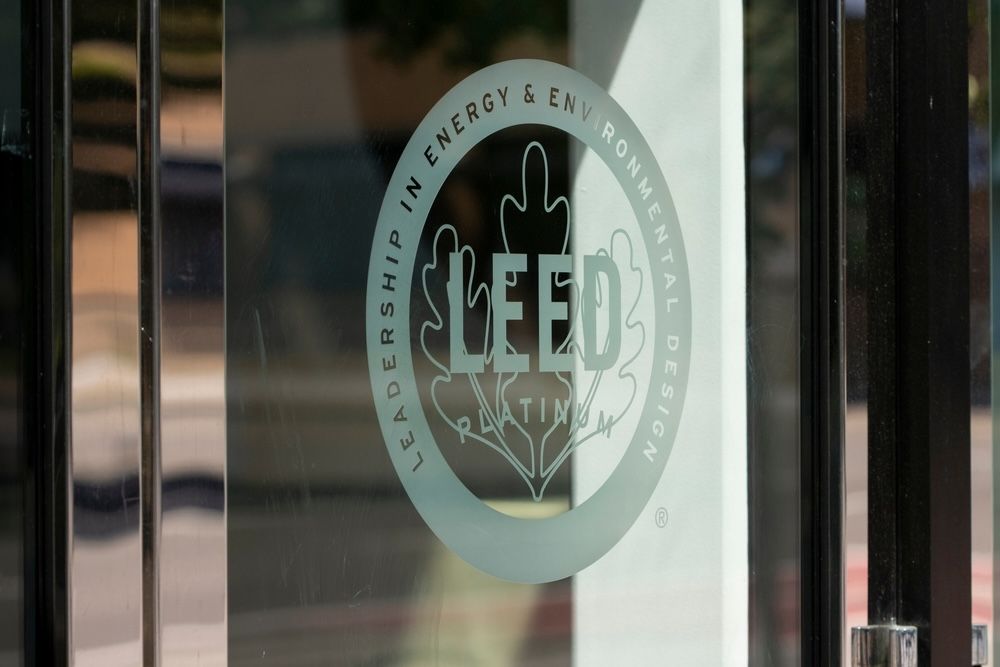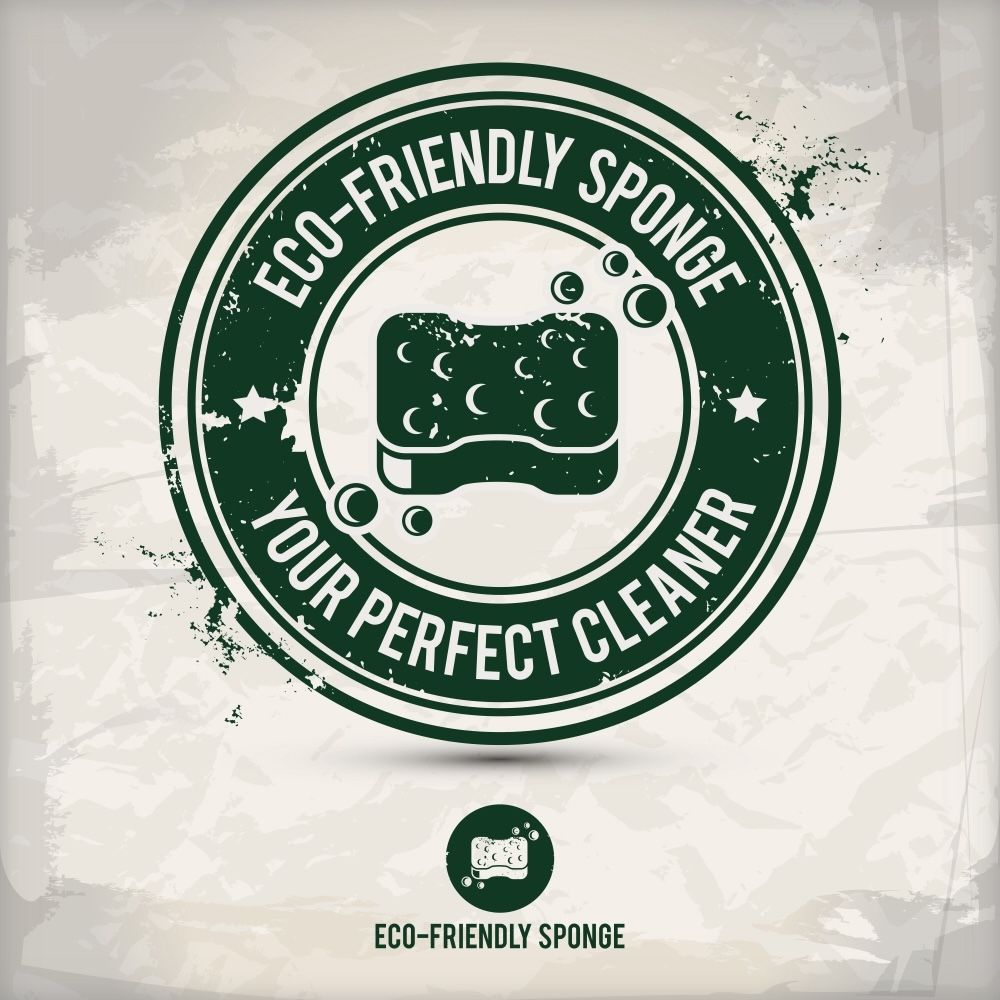Potential of Green Certifications in the Cleaning Industry

As the global focus on sustainability intensifies, the cleaning industry finds itself at a pivotal juncture, where green certifications are becoming more than mere endorsements; they are evolving into vital instruments of change. Green certifications, once considered optional or niche, are now recognized as essential markers of a company’s commitment to reducing its environmental footprint, enhancing workplace safety, and meeting the ever-growing consumer demand for eco-conscious practices. This article seeks to unravel the profound significance of green certifications within the cleaning industry, providing a comprehensive exploration of the various types of certifications available and a detailed analysis of how they are reshaping the landscape of professional cleaning.
The Rise of Green Certifications: A Reflection of Global Trends
The emergence of green certifications can be traced back to broader global trends that prioritize environmental stewardship and sustainable development. Over the past few decades, the world has witnessed a dramatic shift in how industries, including cleaning, approach sustainability. This shift is driven by a confluence of factors such as increased consumer awareness, stringent environmental regulations, and the undeniable evidence of the environmental degradation caused by conventional industrial practices.
Green certifications have risen to prominence as tangible indicators of a company's dedication to adopting practices that minimize harm to the environment. In the cleaning industry, where the use of chemicals, water, and energy is intrinsic to operations, the adoption of green certifications is a powerful statement of intent. It signifies a proactive approach to sustainability, one that goes beyond mere compliance with regulations to embrace a holistic view of environmental responsibility.
The rise of green certifications is also reflective of the evolving expectations of consumers. Today’s consumers are more informed and discerning than ever before. They demand transparency and accountability from the companies they support, and they are increasingly willing to reward businesses that align with their values. For cleaning companies, obtaining green certification is not just about compliance; it is about building trust, enhancing brand reputation, and positioning themselves as leaders in the industry’s shift toward sustainability.
Types of Green Certifications in the Cleaning Industry: A Deep Dive
The landscape of green certifications in the cleaning industry is diverse, with various certifications catering to different aspects of sustainability. Each certification has its own set of criteria, focus areas, and benefits, making it crucial for businesses to understand the distinctions between them. Here, we delve deeper into some of the most prominent green certifications relevant to the cleaning industry:
LEED (Leadership in Energy and Environmental Design): Beyond Buildings
While LEED is primarily associated with the certification of green buildings, its influence extends far beyond architecture and construction. LEED certification encompasses a wide range of sustainability practices, including those related to cleaning. The cleaning practices employed in a LEED-certified building are critical to maintaining the building’s sustainability credentials. This includes the use of environmentally friendly cleaning products, the implementation of green cleaning protocols, and the training of cleaning staff in sustainable practices.
Achieving LEED certification for a building involves earning points across various categories, one of which is green cleaning. For cleaning companies, contributing to a building's LEED certification through sustainable cleaning practices can be a significant value proposition. It not only enhances the building’s sustainability profile but also positions the cleaning company as a key partner in the pursuit of environmental excellence.

Green Seal: The Gold Standard in Green Cleaning
Green Seal is one of the most widely recognized and respected green certifications in the cleaning industry. It sets rigorous standards for cleaning products, services, and facilities, ensuring that they meet high levels of environmental responsibility, health, and safety. Products bearing the Green Seal mark are subject to comprehensive testing and evaluation, covering everything from their ingredients to their performance and lifecycle impacts.
For cleaning companies, obtaining Green Seal certification can serve as a powerful differentiator in a crowded marketplace. It signifies that a company’s products and services have undergone rigorous scrutiny and have been found to meet or exceed stringent environmental and health standards. This certification is particularly valuable in markets where clients are highly conscious of the environmental and health impacts of cleaning products and services.
EcoLogo (UL Environment): Global Recognition for Sustainable Practices
EcoLogo, now part of UL Environment, is another globally recognized green certification that is highly relevant to the cleaning industry. Like Green Seal, EcoLogo certifies products and services based on stringent environmental criteria. However, EcoLogo’s reach is global, and it is recognized and respected in multiple markets around the world.
The certification process for EcoLogo involves a thorough assessment of a product’s entire lifecycle, from raw material extraction to disposal. This holistic approach ensures that certified products are not only effective but also sustainable at every stage of their life. For cleaning companies looking to expand their reach in international markets, EcoLogo certification can provide a competitive edge, signaling to clients and consumers worldwide that their products and services are truly green.
GS-42 (Green Seal for Cleaning Services): A Holistic Approach to Green Cleaning
GS-42 is a certification specifically designed for cleaning services, as opposed to products. This certification recognizes companies that have implemented comprehensive green cleaning programs that go beyond the use of environmentally preferable products. To achieve GS-42 certification, a cleaning service must demonstrate a commitment to sustainability in every aspect of its operations, including employee training, waste reduction, and the use of energy-efficient equipment.
GS-42 certification is particularly valuable for companies that want to showcase their commitment to sustainability at a systemic level. It provides assurance to clients that the cleaning services they are receiving are not only effective but also aligned with the highest standards of environmental responsibility. This certification can be a significant selling point for cleaning companies looking to attract clients who prioritize sustainability in their operations.
Benefits of Green Certifications for Cleaning Businesses: A Closer Examination
The benefits of obtaining green certifications are manifold, extending beyond the immediate advantages of enhanced credibility and market differentiation. Here, we explore the various ways in which green certifications can positively impact cleaning businesses:
Enhanced Credibility: Building Trust in an Era of Transparency
In today’s market, credibility is currency. Consumers and clients alike are increasingly skeptical of greenwashing—the practice of making misleading claims about the environmental benefits of a product or service. Green certifications provide third-party validation that a company’s environmental claims are genuine and backed by rigorous standards. This credibility is crucial in building trust with clients, partners, and the broader community.
For cleaning businesses, green certifications can serve as a powerful marketing tool, signaling to potential clients that the company is serious about sustainability. This can be particularly important in industries where environmental impact is a key concern, such as healthcare, education, and hospitality. By obtaining green certifications, cleaning businesses can differentiate themselves from competitors and build long-term relationships based on trust and shared values.
Market Differentiation: Standing Out in a Competitive Landscape
The cleaning industry is highly competitive, with companies vying for contracts and clients in a crowded marketplace. In such an environment, differentiation is key. Green certifications offer a clear and compelling way for cleaning companies to stand out from the competition. By showcasing their commitment to sustainability, companies can attract clients who prioritize environmental responsibility and are willing to pay a premium for green services.
Moreover, green certifications can open doors to new markets and opportunities. For example, many government contracts and corporate clients now require or prefer vendors with green certifications. By obtaining these certifications, cleaning companies can position themselves as preferred suppliers in these lucrative markets, expanding their client base and growing their business.
Cost Savings: The Long-Term Financial Benefits of Going Green
While the initial investment in obtaining green certification can be significant, the long-term financial benefits often outweigh the costs. Sustainable practices, such as using energy-efficient equipment and reducing waste, can lead to significant cost savings over time. For example, switching to eco-friendly cleaning products can reduce the need for hazardous waste disposal, while energy-efficient equipment can lower utility bills.
Additionally, green certifications can help businesses avoid potential fines and penalties associated with environmental regulations. As governments around the world implement stricter environmental laws, companies that are already certified will be better positioned to comply with new requirements and avoid costly legal issues. In this way, green certifications not only contribute to a company’s bottom line but also help mitigate risk.
Regulatory Compliance: Staying Ahead of the Curve
As environmental regulations become more stringent, staying ahead of compliance requirements is essential for any business. Green certifications provide a framework for ensuring that a company’s practices meet or exceed regulatory standards. This can be particularly important in industries like cleaning, where the use of chemicals and other hazardous materials is common.
By obtaining green certifications, cleaning companies can demonstrate to regulators, clients, and the public that they are committed to operating in an environmentally responsible manner. This not only helps businesses avoid fines and penalties but also enhances their reputation as leaders in sustainability. In an era where regulatory scrutiny is increasing, green certifications can provide a crucial competitive advantage.
Challenges and Considerations: Navigating the Path to Certification
While the benefits of green certifications are clear, the path to achieving them is not without challenges. Obtaining certification requires a significant investment of time, money, and resources. Companies must be prepared to make substantial changes to their operations, from sourcing environmentally friendly products to implementing new training programs for staff.
One of the primary challenges is the cost associated with obtaining certification. Depending on the certification, fees can range from a few thousand to tens of thousands of dollars. This can be a significant burden for small and medium-sized cleaning companies, particularly those with limited budgets. Additionally, the process of certification can be time-consuming, requiring extensive documentation, audits, and ongoing compliance efforts.
Another consideration is the complexity of the certification landscape. With so many different certifications available, it can be difficult for companies to determine which one is the best fit for their needs. Each certification has its own criteria, focus areas, and benefits, and choosing the right one requires a deep understanding of both the company’s goals and the certification requirements.
Despite these challenges, the long-term benefits of obtaining green certifications often outweigh the initial costs and effort. For companies committed to sustainability, green certifications offer a pathway to greater credibility, market differentiation, and financial success. However, it is essential for businesses to carefully assess their readiness for certification and develop a clear plan for achieving and maintaining it.
The Future of Green Certifications in the Cleaning Industry: A Vision for Sustainability
As the cleaning industry continues to evolve, green certifications are poised to play an increasingly important role in shaping its future. The growing demand for sustainable practices, coupled with advances in green technology, is driving the industry towards a new standard of environmental responsibility. In this context, green certifications will be essential for companies that want to stay competitive and relevant in the years to come.
Looking ahead, we can expect to see green certifications become more comprehensive and inclusive, covering a wider range of sustainability criteria. This may include not only environmental impact but also social and economic considerations, such as fair labor practices and community engagement. As the standards for sustainability continue to rise, companies that obtain green certifications will be well-positioned to lead the industry in a more sustainable direction.
Furthermore, as consumer awareness of environmental issues grows, green certifications will likely become a key factor in purchasing decisions. Clients and consumers will increasingly seek out companies that can demonstrate their commitment to sustainability through third-party certifications. This will create new opportunities for businesses that invest in green certifications, as they will be able to tap into a growing market of eco-conscious consumers.

Conclusion: Embracing the Future of Green Cleaning
Green certifications represent more than just a trend; they are a fundamental shift in how the cleaning industry approaches sustainability. By obtaining green certifications, cleaning companies can enhance their credibility, differentiate themselves in a competitive market, and contribute to a healthier planet. As the industry continues to evolve, green certifications will play a crucial role in defining the future of professional cleaning.
For cleaning businesses, the time to invest in green certifications is now. By embracing these certifications, companies can position themselves as leaders in the industry’s transition to sustainability, ensuring long-term success and resilience in a rapidly changing market. Whether you are a small business owner or the head of a large cleaning company, green certifications offer a pathway to a brighter, more sustainable future.
Topics
Check more articles on our blog

The Impact of Regular Deep Cleaning on Workplace Productivity

Top 10 Cleaning Companies in Cologne, Germany

Top 10 Cleaning Companies in Frankfurt am Main, Germany: Reliable Services for Homes and Offices
